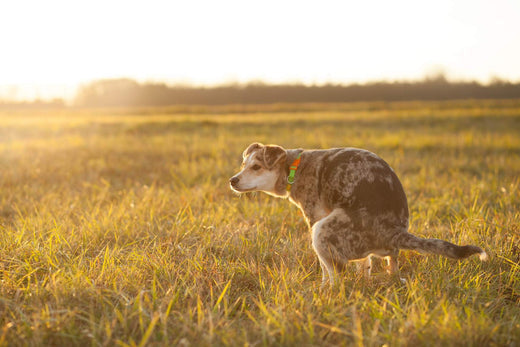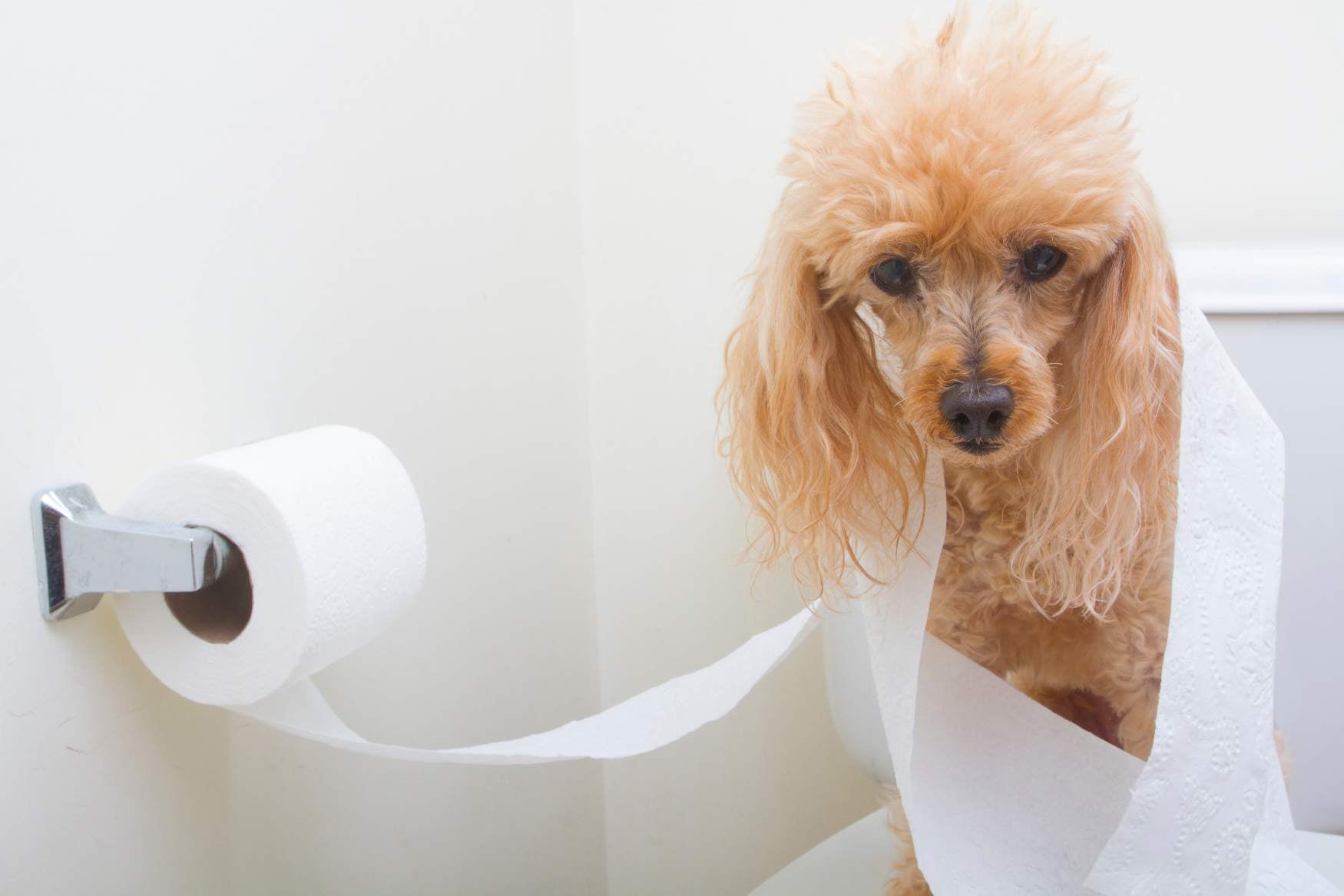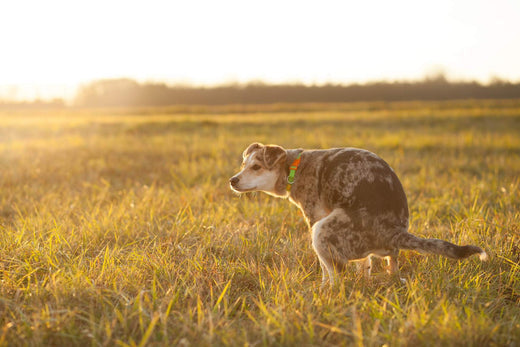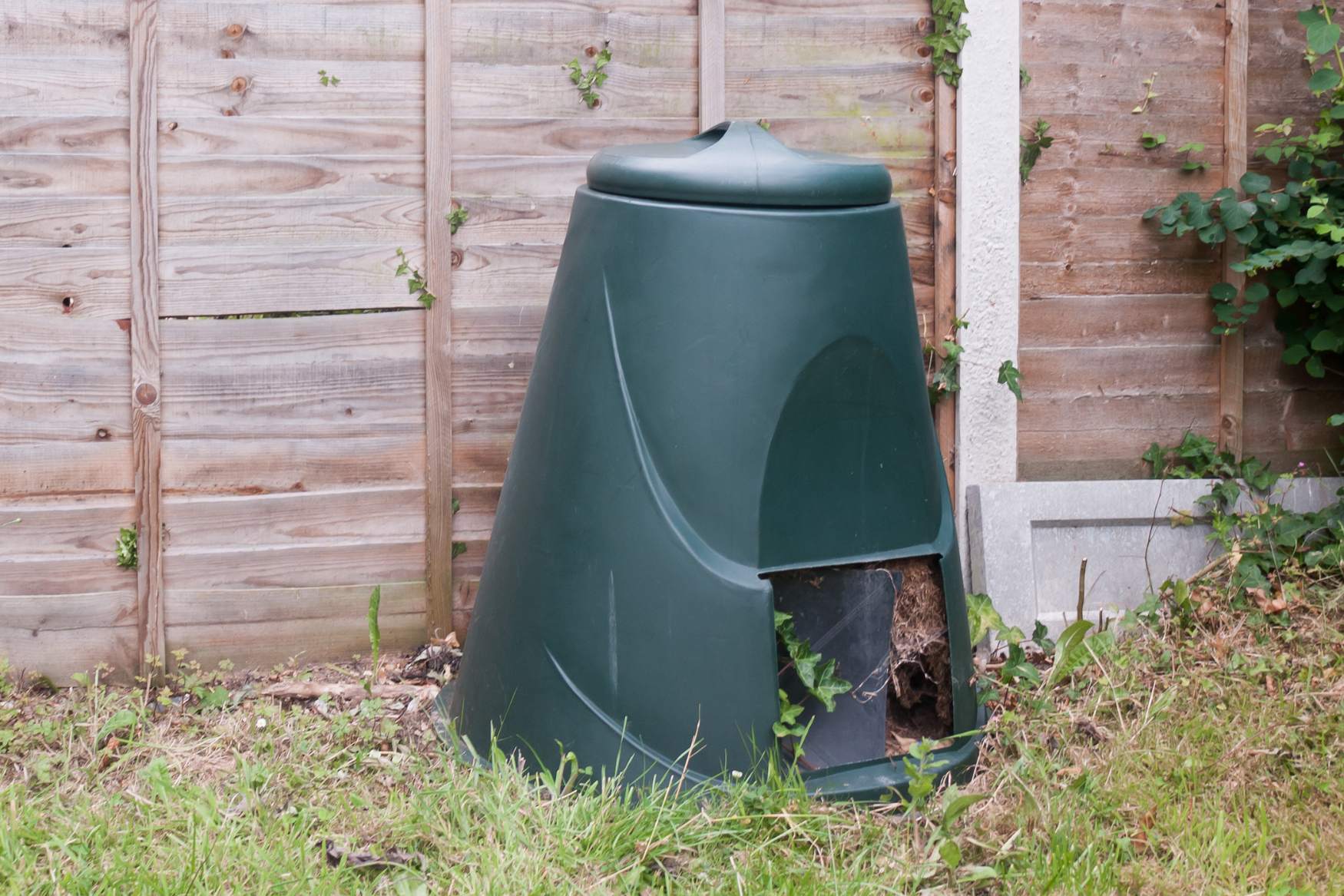Why have Forestry Bodies across the UK switched their advice from "Stick & Flick" to "Bag It and Bin It"?
While easily seen as a "natural" waste product, our dogs' poo cannot be compared to the faeces of other wild animals such as foxes.
In the simplest sense - our dogs are not a "natural" part of our ecosystems.
Changing Advice with New Research
As of 2025, all sources advocate picking up and disposing of dog waste, even when in rural or forested areas.
During our research, we even got a direct response from Forestry England stating:
"I can confirm that Forestry England no longer promotes the stick and flick message and have aligned our message to match the Countryside Code published on the gov.uk website. We are aware that there will be historic references to stick and flick but we are no longer advocating this and will look at how we can publish and promote our current advice to ‘bag and bin’ dog waste."
Let's break down why we should not be leaving our dog's poo in the environment.
Environmental Hazards & Harm to Ecosystems
Loss of biodiversity & habitat degradation
Contrary to popular belief, dog faeces is not fertilizer and does not provide any benefit to soil. Instead, grass and plants around dog poo dies...
The unnaturally high nitrogen and phosphorus content of dog poo does not suit our environment and causes imbalances to our ecosystems with knock-on effects.
The Environmental Protection Agency classifies dog poo an environmental pollutant, in the same category as oil spills, herbicides, insecticides, and salt from irrigation practices.
Water pollution
When it rains, dog poop washed into nearby bodies of water can introduce harmful bacteria, viruses, and parasites into these ecosystems. This harms aquatic life and wildlife (or humans!) that come in contact with the contaminated water.
Furthermore, the excess nitrogen mentioned above can lead to the growth of harmful algae blooms and the depletion of oxygen in waterways, which can suffocate aquatic life.
Research has found that high nutrient levels can persist even three years after dogs are banned from nature reserves and can therefore pose serious long-term risks to wildlife.
Toxic to insects & our wider ecosystems
Many medicines and parasite treatments we give our dogs are excreted in the faeces - sometimes in their active forms - and may have the potential to kill insects and aquatic life, leading to wider impacts on our ecosystems.
Health Hazards
Dog poop pose a health risk to humans and other animals. It contains twice the harmful bacteria than human poo and also contains parasites, such as Toxocara, that can cause illness and infections. These can be transmitted through contact with contaminated soil, water, or other surfaces.
In natural habitats, such as forests and parks, dog poop can also disrupt the balance of the ecosystem by introducing new pathogens into the environment. This can affect the health of the plants and animals in the area and can even lead to the transmission of diseases to humans who come into contact with contaminated soil or water.
Children are particularly vulnerable to these pathogens, as they are more likely to play on the ground and put their hands in their mouths. If children come into contact with dog poop, they are at risk of contracting serious illnesses and even blindness.
Is Bagging & Binning Really Better for Our Planet?
While the idea of generating waste in the form of poo bags is not ideal, picking up and appropriately disposing of our dogs' faeces is needed to protect our environment and prevent further harm to our already damaged natural ecosystems.
Using poo bags that actively help the environment, such as ReSEAcled Poo Bags, mean we reduce the harm we create by bagging and binning.
ReSEAcled Poo Bags are backed by research and directly reduce plastic pollution, giving them a "positive" environmental impact.
You may also consider composting your dog waste at home if you have the space and resources to do so.
Conclusion
Dog poop may seem like a harmless inconvenience, it may even seem 'natural' to leave it in the environment.
But dog poo poses serious environmental and health risks and isn't a natural part of our ecosystems.
Pet dogs are, after all, "human-made" - we would not naturally have 13 million dogs roaming the UK.
By cleaning up after our dogs promptly and disposing of their waste properly, we can help keep our ecosystems and communities healthy and safe.
Advocate "Bag It & Bin It", and use poo bags that are better for our planet.
References:
https://www.theguardian.com/environment/2022/feb/07/dog-pee-and-poo-harming-nature-reserves-study
https://www.cdc.gov/parasites/toxocariasis/gen_info/faqs.html
https://www.veterinaryprescriber.org/free-articles/reflecting-on-the-environmental-impact-of-parasite-treatments-what-does-the-ema-say
https://avmcww.com/2020/02/26/parasites-and-poop-the-importance-of-picking-up-after-your-dog/
https://www.theguardian.com/environment/2020/nov/17/pet-flea-treatments-poisoning-rivers-across-england-scientists-find













